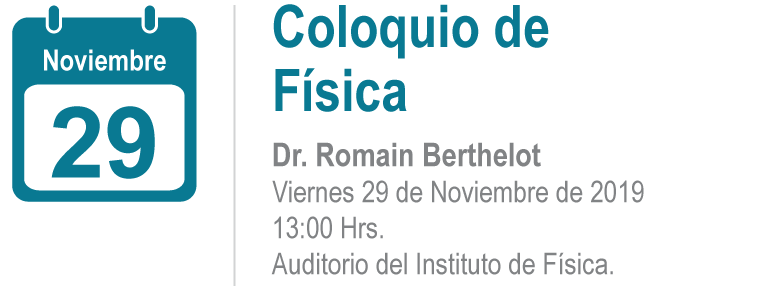
The structure of alkali transition metal layered oxides AMO 2 (with A being an alkali
ions and M a transition metal) is usually describe as a stacking of edge-shared MO 6
octahedra sheets, with alkali ions being intercalated within the interslab spaces. This
particular structure is the key for various physical or chemical properties among, the
most famous properties being the ability to reversibly remove the alkali ions for the
layered structure, giving birth to electrode material for rechargeable batteries.
The family of alkali transition metal oxides gathers a wide range of compositions,
especially because of the chemical tenability of the transition metal slab. Surprisingly,
there is not so much chemical engineering of the alkali layers. Few years at Institut
Charles Gerhardt de Montpellier, we tried to prepare new type of layered oxides with
combination of two alkali elements by solid-state approach. Thanks to a final
quenching at the end of the heat treatment we managed to stabilize new
compositions that are non-thermodynamically stable. In this talk I will present how we
theoretical build such innovative stacking, before showing the physical and chemical
characterizations.










